The Risks of Dual Licensing in The Pioneering Landscape of Contemporary Open Source
Traverse Legal Blog
SEPTEMBER 28, 2023
As more and more projects in these fields adopt open-source licensing, the legal complexities tied to these licenses are becoming increasingly relevant, with dual licensing being a case in point. Second, altering the license could alienate a project’s community, leading to forks or abandonment.

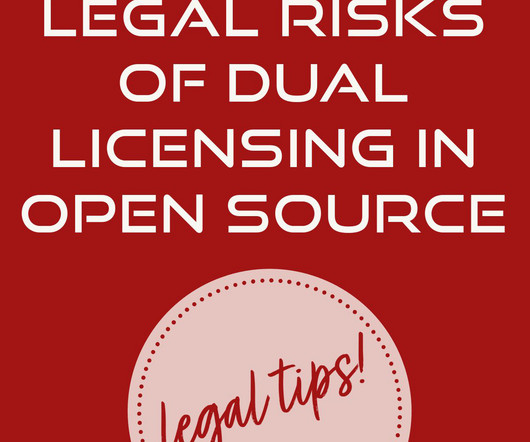
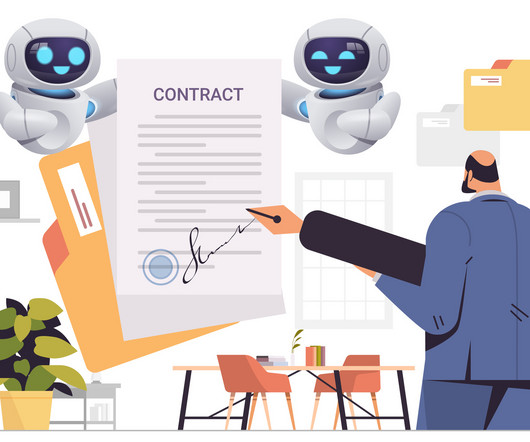

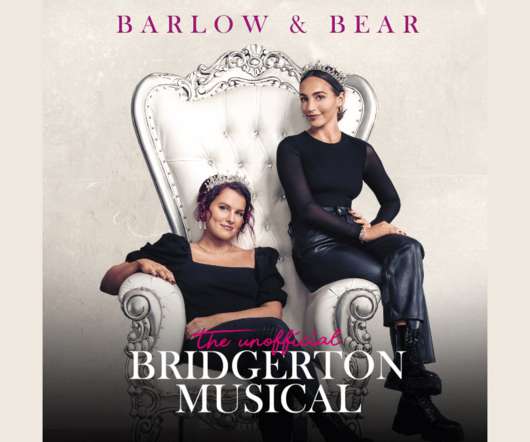

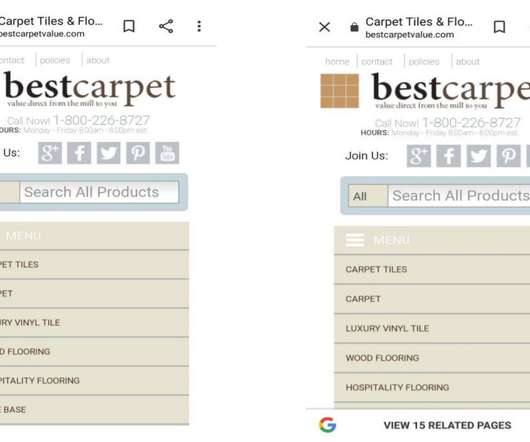

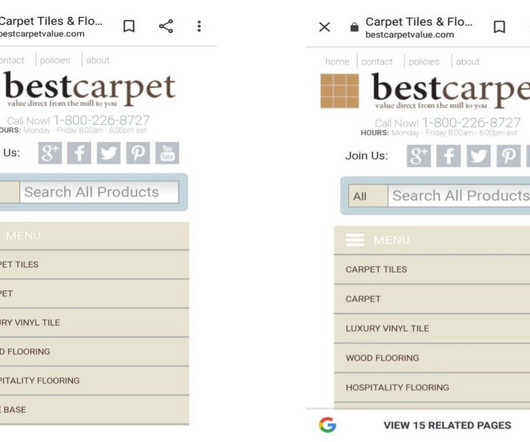


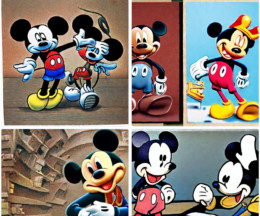
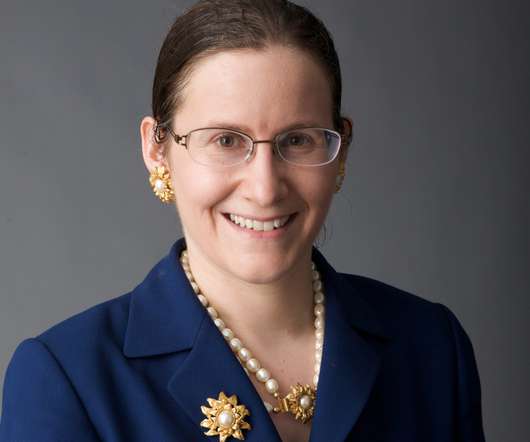
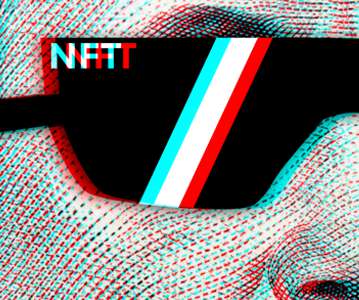
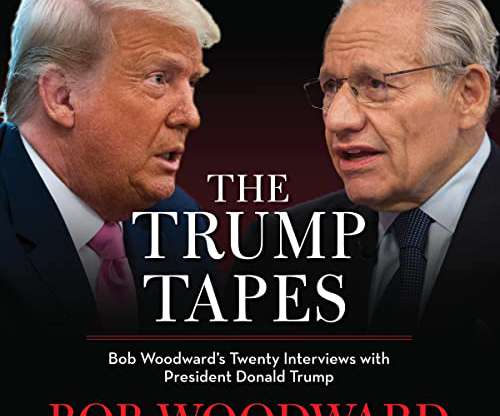







Let's personalize your content